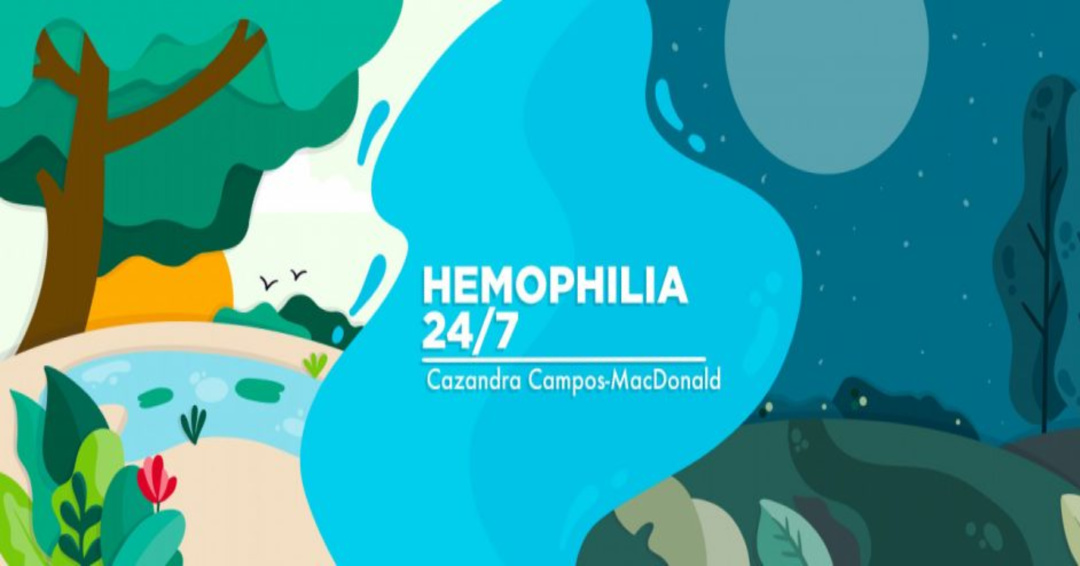Originally published by Hemophilia News Today, April 23, 2025
As I transition to a new job in a new city, I’m meeting new colleagues at work. In these early days of getting to know everyone, I share only what I’m asked. I’ll share more of my story in time, especially since joining a team requires trust and acceptance, but being the new person is always stressful. To my co-workers, I’m a clean slate. They have no idea what I’ve endured.
It’s easy to forget the bad things that have happened — the things that have shattered you and left you breathless. The things that destroyed you. Time has a strange way of dulling the pain, of smoothing the rough edges that tear through your skin. Before you know it, over a decade has passed, and those devastating wounds are but a memory.
In my new job (new company/new city) as a hospice chaplain, I’ve found that my history with hemophilia is not front and center. For the first time in my life, raising two sons with bleeding disorders isn’t the main topic of conversation. That’s not a bad thing. While the years of struggling with hemophilia and inhibitors were traumatic for my entire family, those feelings and experiences are now a distant memory.
But even when I’m among the bleeding disorders community, speaking to families and presenting workshops, I continue to feel that sense of dismissal. Why am I setting aside such a large part of my life?
There are times I want people to know my story of raising sons with hemophilia. I remember those days when fear and grief cracked my heart wide open. Despair and anger crashed into my chest like a wrecking ball during the nights when my youngest son, Caeleb, would scream in pain from joint bleeds. Those nights seemed to last for an eternity, bringing uncontrollable pain for Caeleb at a time when residents were on call, rather than his primary doctor.
As a wife, pastor, chaplain, and mother of two grown sons, I now focus on my family, work, and ministry, not hemophilia. I mean, why would I want to relive those difficult years?
I don’t miss them, but I’m amazed they happened. And yet, when I see Caeleb, 19, walking with a pronounced limp, using a wheelchair or cane, or staying home from college classes because his pain is out of control, those days come back.
And just like that, I remember.
While those times in the hospital destroyed parts of me, they also became the foundation of my resilience. I gained strength, wisdom, and compassion. I developed the courage to show up and advocate for my sons when nothing made sense. This transformation from a shattered soul to a resilient advocate is a testament to the human spirit’s ability to rise above adversity.
I’m not the same person I was before the nightmare years when Caeleb was struggling. I’m grateful for the person I’ve become, a version of myself with tremendous strength and faith. I’m thankful for the experiences I endured with my sons because they shaped me into who I am today. Though challenging, this journey of personal growth is something I sincerely appreciate.
Today, I want to take a moment to thank the past. I don’t dwell on it, but I recognize and honor that time. I give thanks for survival, healing, and especially the grace that carried me through. Had I not experienced what I call the “worst of the worst,” perhaps I wouldn’t be a hospice chaplain, journeying with people in their final days. Every experience has brought me to this moment.
Everything matters, even the things seemingly forgotten.
And in this moment, I choose to carry it all—not as a burden, but as a sacred part of my becoming.


